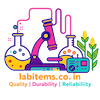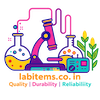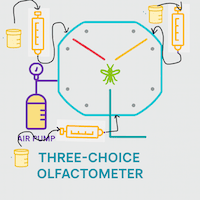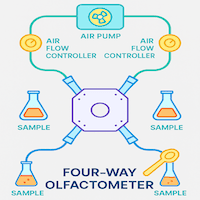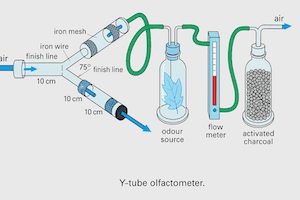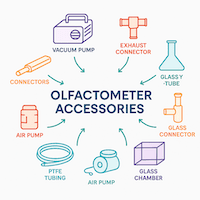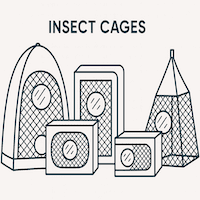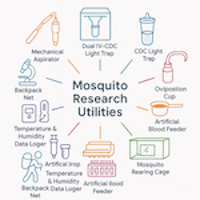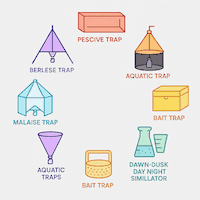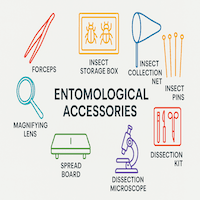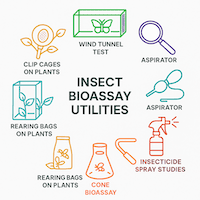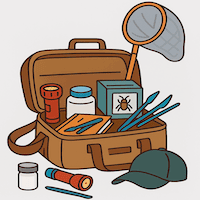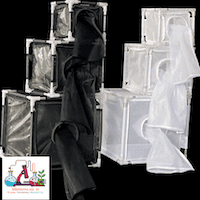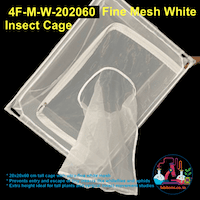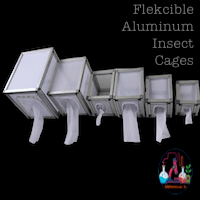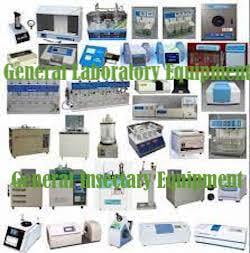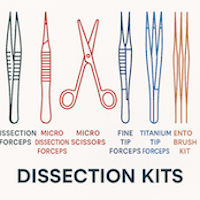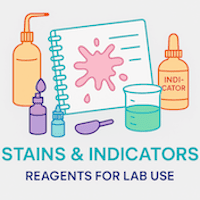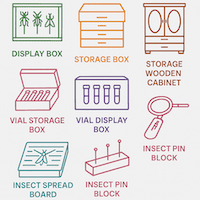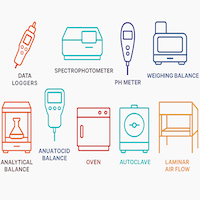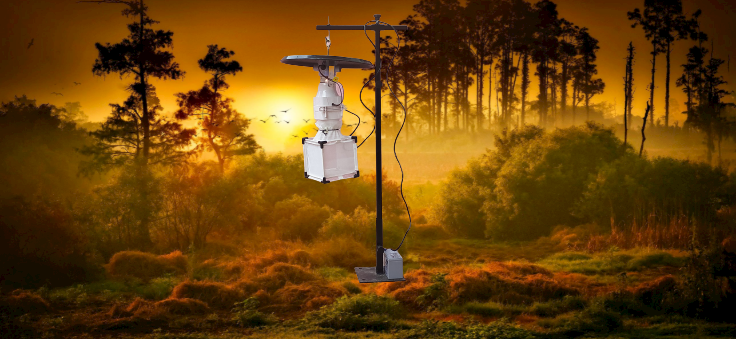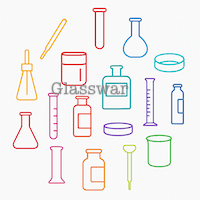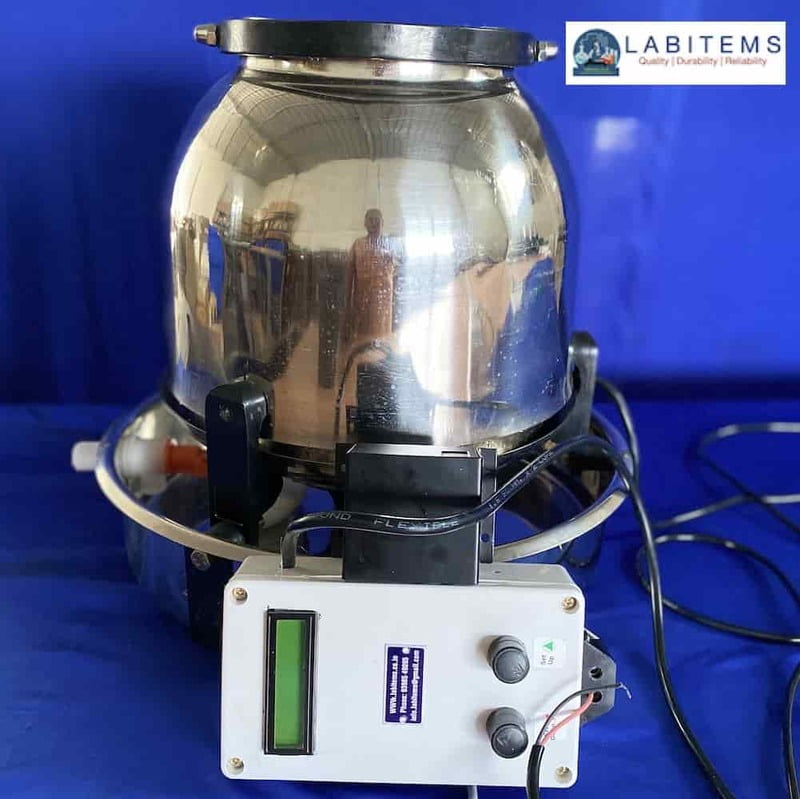
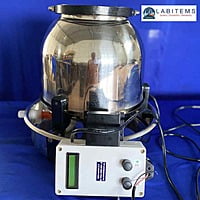


Humidifier with Humidity Controller Unit
Optimal Conditions: Maintain specific humidity levels for insect rearing.
Life Stage Support: Facilitate egg hatching, larval development, and pupal stages.
Desiccation Prevention: Prevent drying out of eggs, larvae, and pupae.
Reproductive Success: Create an environment conducive to mating and reproduction.
Stress Reduction: Minimize environmental stress and mortality risks.
Research Reliability: Ensure stable conditions for consistent research results.
Species-specific Control: Customize humidity for different insect species.
Mold and Fungus Prevention: Control humidity to prevent harmful microorganism growth.
Customize
Product Details
Humidifiers with humidity controllers play a crucial role in insectaries, especially for optimal maintenance of humidity levels necessary for insect rearing. Insectaries are facilities designed for the controlled breeding and study of insects. Insectaries helps to collect, purify, culture and maintain sufficient number of insects for testing, research to commercial benefits. Here are some key uses of humidifiers with auto controllers in insectaries:
Optimal Environmental Conditions:
- Insects often have specific environmental requirements, including precise humidity levels, for optimal growth and development. Humidifiers help maintain these conditions, creating a controlled environment that mimics the natural habitat of the insects. This facilitates optimal growth and development of insects. This helps to maintain insect colonies economically since the loss of insects or colonies due to insufficient environmental conditions like humidity can be minimised.
Egg Hatching and Larval Development:
- Many insect species require specific humidity levels for successful egg hatching and larval development. Humidifiers with controllers enable insectary managers to fine-tune and maintain the humidity at levels that support these critical life stages. For example, mosquitoes need optimal RH% at 65 - 75% for laying high hatch rate egg rafts.
Preventing Desiccation:
- Insect eggs, larvae, and pupae are often sensitive to desiccation (drying out). Humidity control is essential to prevent desiccation and ensure the survival and healthy development of these life stages. Several lepidopteran insect species of agricultural importance need optimal RH for successful cylic-colony develpment.
Promoting Reproduction:
- Some insect species exhibit optimal reproductive behavior and success under particular humidity conditions. By using humidifiers, insectary operators can create an environment that encourages mating and reproduction, supporting the sustainability of insect populations. Many Anopheles species demand optimal RH for successful breeding.
Preventing Stress and Mortality:
- Insects are highly sensitive to environmental stress, and improper humidity levels can lead to stress and increased mortality rates. Humidifiers assist in maintaining a stable and suitable environment, reducing stress and promoting the overall health of the insect population. Reduced RH in insectaries found to be fatal to many insect species and most of the agriculturally important species tend to die within few days.
Research and Experimentation:
- In scientific research and experimentation within insectaries, maintaining consistent and controlled humidity conditions is essential for reliable and replicable results. Humidifiers provide the necessary tools to create a stable experimental environment. Artifical error introduction into the experimental results can be avoided through proper maintenace of climatic conditions of the insectary.
Customization for Different Species:
- Different insect species may have distinct humidity requirements. Humidity controllers allow insectary managers to customize and adjust humidity levels based on the specific needs of the insects being reared, ensuring that conditions are optimized for each species.
Preventing Mold and Fungal Growth:
- Excessive humidity can lead to the growth of mold and fungi, which can be detrimental to insect health. Humidity controllers on humidifiers help in preventing the conditions that favor the proliferation of these harmful microorganisms. Excess humidity usally results due to uncontrolled use of the humidifier which has potential to make the room RH to 100% which results in watering of the insectary floor and walls. Excessive humidity along with optimal temperature i.e. 25-27 degree which usally exists in insectaries favor development of molds on to the walls. Few of the times these fungus infect various stages of insects that results in reduced fecundity or survivibility of insect colonies. Hence it is always advisable to have a humidifiers with control units.
In summary, the use of humidifiers with humidity controllers in insectaries is instrumental in creating and maintaining the ideal environmental conditions for insect rearing. This precision in environmental control is crucial for successful and sustainable insect breeding programs, as well as for supporting research and experimentation in entomology and related fields.
